
Here’s everything you need to know about tofu, its health benefits, and some easy tofu recipes you can whip up in minutes!
After soaking raw and dried soybeans overnight, nigari is added. Nigari is used as a mineral-rich coagulant to help tofu solidify and keep its form. The next day, the soymilk forms into curds, which are drained and pressed into blocks to create tofu. That tofu can be pressed further to remove moisture, creating medium, firm, or extra firm tofu variants.
Most of the tofu sold in groceries are genetically modified (GMO). But studies show that these are not harmful to human health.
Should you still be worried, you may opt to buy non-GMO, organic tofu brands.
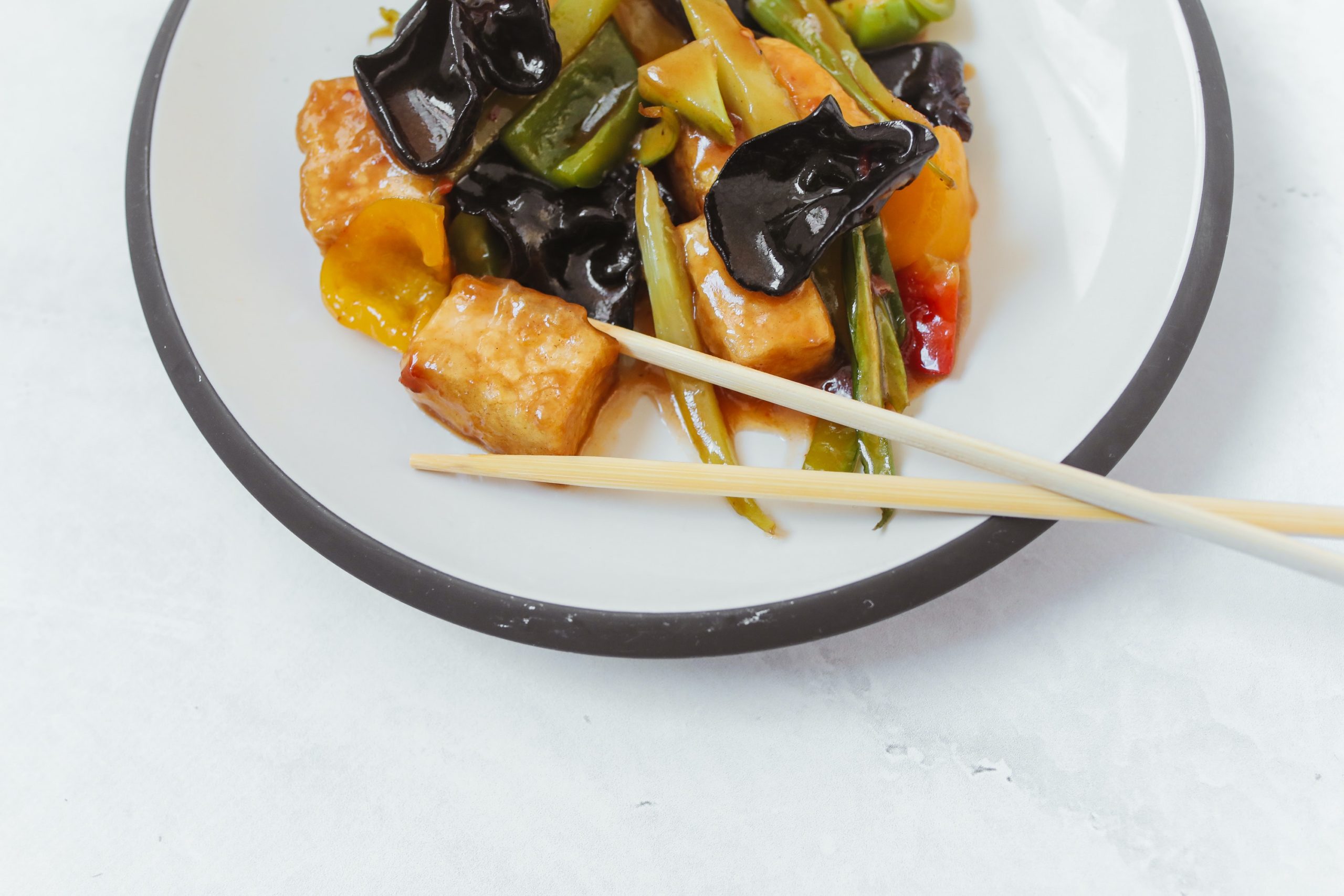
Looking at tofu’s physical appearance (a blob of quivering white mass), it’s hardly a match to, say, a plate of colorful vegetables. But there is more to tofu than meets the eye.
According to the US Department of Agriculture, a one-quarter block (or 81 grams) of firm tofu contains 14 grams of protein, 7 grams of fat, 2.3 grams of carbohydrates, 1.9 grams of fiber, and 11 mg of sodium. And that serving provides only 117 calories, making it a highly nutrient-dense food.
Vegans and vegetarians love tofu because it’s both plant-based and rich in protein, making tofu a perfect alternative to animal-based protein. It also contains all nine amino acids, and is a good source of calcium, magnesium, phosporous, B vitamins, irons, manganese, copper and iron.
Below is a sample nutritional information for a one 3.5 ounce (100-gram) serving of tofu:
- Protein: 8 grams
- Carbs: 2 grams
- Fiber: 1 gram
- Fat: 4 grams
- Manganese: 31% of the RDI
- Calcium: 20% of the RDI
- Selenium: 14% of the RDI
- Phosphorus: 12% of the RDI
- Copper: 11% of the RDI
- Magnesium: 9% of the RDI
- Iron: 9% of the RDI
- Zinc: 6% of the RDI
Besides tofu, other plant-based food are rich with isoflavones, such as legumes, lentils, beans and peas. Smaller amounts of isoflavones can be found in cereals, potatoes, vegetables, fruits, milk and meat.
Rich in both nutrients and isoflavones, tofu is known to offer a host of health benefits. This comes with a caveat, though. Experts advice not to solely rely on tofu for your nutritional needs. At best, consume tofu four to five times a week only to reap these health benefits.
A 2020 study published in the American Heart Association’s journal Circulation examined data from more than 200,000 people, and found a connection between eating at least one serving of tofu a week and an 18% lower risk of coronary heart disease, compared to those who ate tofu less than once a month.
As you get older, it’s crucial to lower your cholesterol level to maintain a healthy heart, and avoid getting coronary diseases. What tofu offers is quite simple: if you replace fatty meat with tofu in your diet, you can reduce your cholesterol intake in a painless and practical way.
According to Harvard Health, eating 25 grams of soy protein per day, over a six-week period, lowered LDL (low-density lipoprotein) levels by about 3% to 4%, which is a small but still significant amount.
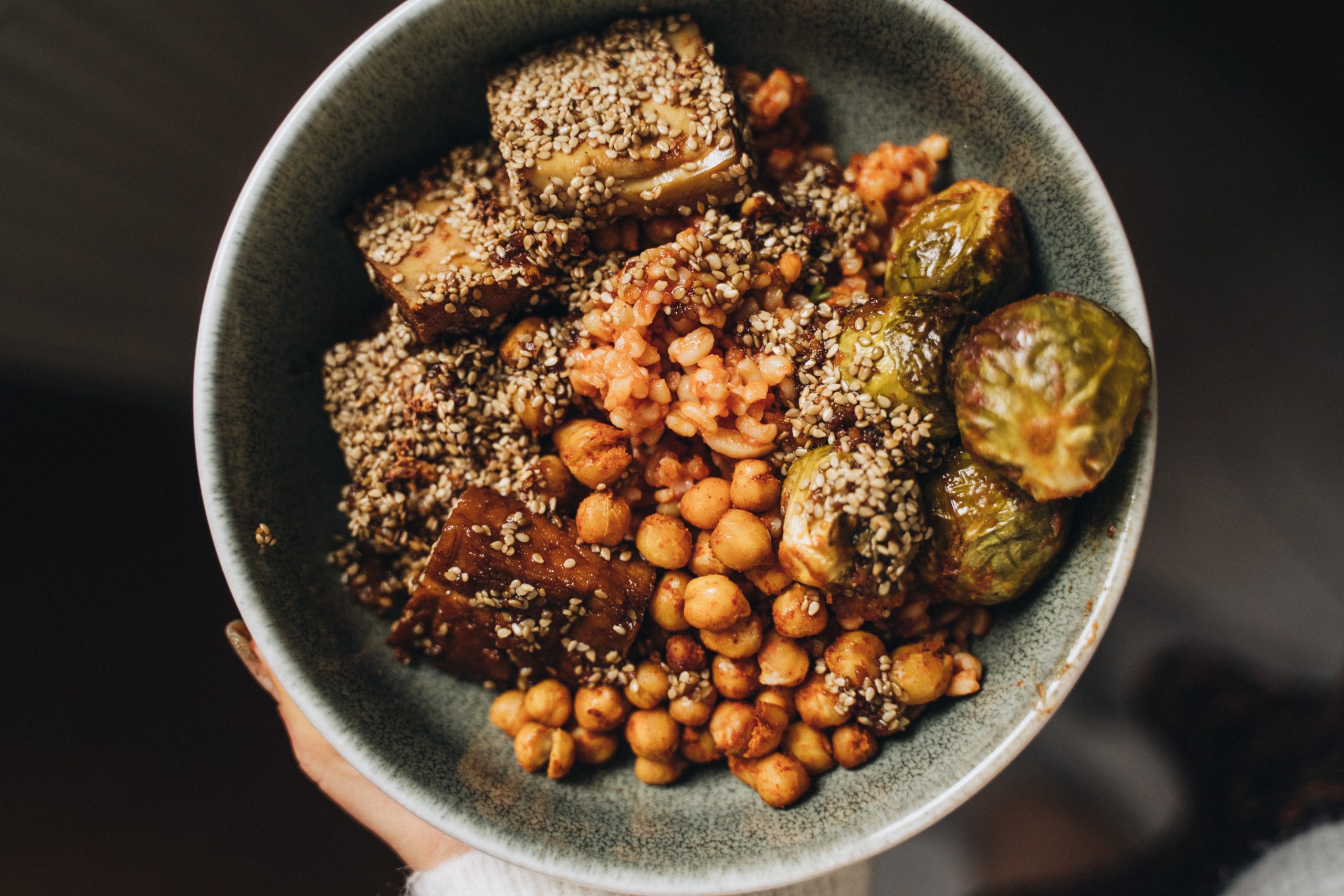
A few studies have shown that eating tofu is good for brain health. It can help reduce the risk of getting dementia, and help improve cognitive function, such as memory and problem-solving skills.
Tofu is Useful for Optimal Bone Health
Strengthen your bones with tofu, and other soy products. Studies have shown eating soy products can help combat osteoporosis, especially for aging women.
Tofu Can Reduce Risk for Some Cancers
Some studies suggest that eating tofu can help protect against certain types of cancer, such as breast cancer, cancers of the digestive system, and prostate cancer.
Men who have prostate cancer may find that eating tofu and other soy-based foods keep their prostate specific antigen levels low, which means the cancer progresses more slowly, or not at all.
Meanwhile, there is growing evidence that soy intake can help prevent cancers of the digestive system from occurring. For men, one study observed higher intakes of soy products led to a 61% lower risk of stomach cancer, while for women, they found stomach cancer risk is reduced by 59%.
When it comes to breast cancer, research found women who eat soy products at least once week have a 48-56% lower risk of breast cancer.
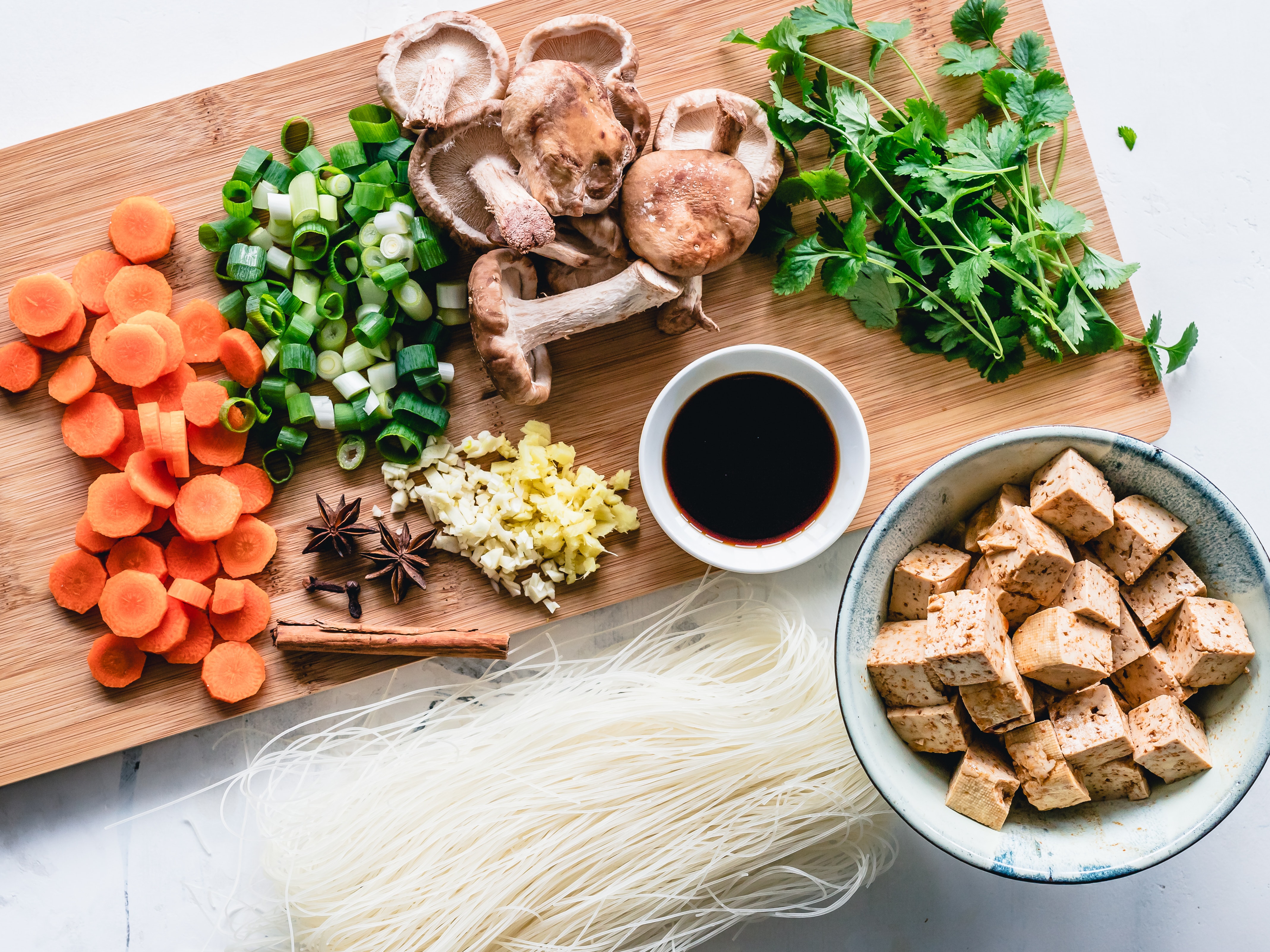
Now that you know how tofu can help you achieve a healthier well-being, here comes the fun part: how to enjoy tofu!
As is, tofu doesn’t taste anything much really. But what it lacks in terms of taste, it makes up for its super versatility in the kitchen. You can make a lot of dishes with tofu really. Here are some ideas to get you started (and hungry!)
Agedashi Tofu
It’s Japanese night, and you don’t feel like gorging on something heavy like katsudon. Create something light, yet flavorful by cooking agedashi tofu. The secret to this delicious dish is getting a silken tofu, frying it very lightly, and the sauce (dashi stock, mirin, soy sauce and ginger) for a full umami goodness. Get the recipe here: Agedashi Tofu Recipe
Tofu Stir-Fry
Tofu stir-fry is one of the most popular go-to-recipes of busy vegans and vegetarians. This is something you can whip up in a few minutes max. But don’t let the simplicity of it fool you into thinking it’s a bland and boring dish. This dish packs all the right flavors and textures: savory, sweet, soft and crunchy. This mushroom and tofu stir fry is great for a weeknight meal, and goes well with a cup of brown rice. Get the recipe here: Mushroom and Tofu Stir-Fry
Tofu Sisig
Sisig is a popular Filipino dish, which the late Anthony Bourdain even raved about. Traditionally, sisig is made from parts of a pig’s face and belly, and chicken liver which is usually seasoned with calamansi (Filipino lemon), onions, and chili peppers. This can be veganized or vegetarianized by replacing the pork with tofu. A typical tofu sisig dish contains garlic, red and green bell peppers, onions, chili peppers, calamansi, seasoning, and mayonnaise. Get the recipe here: Tofu Sisig.
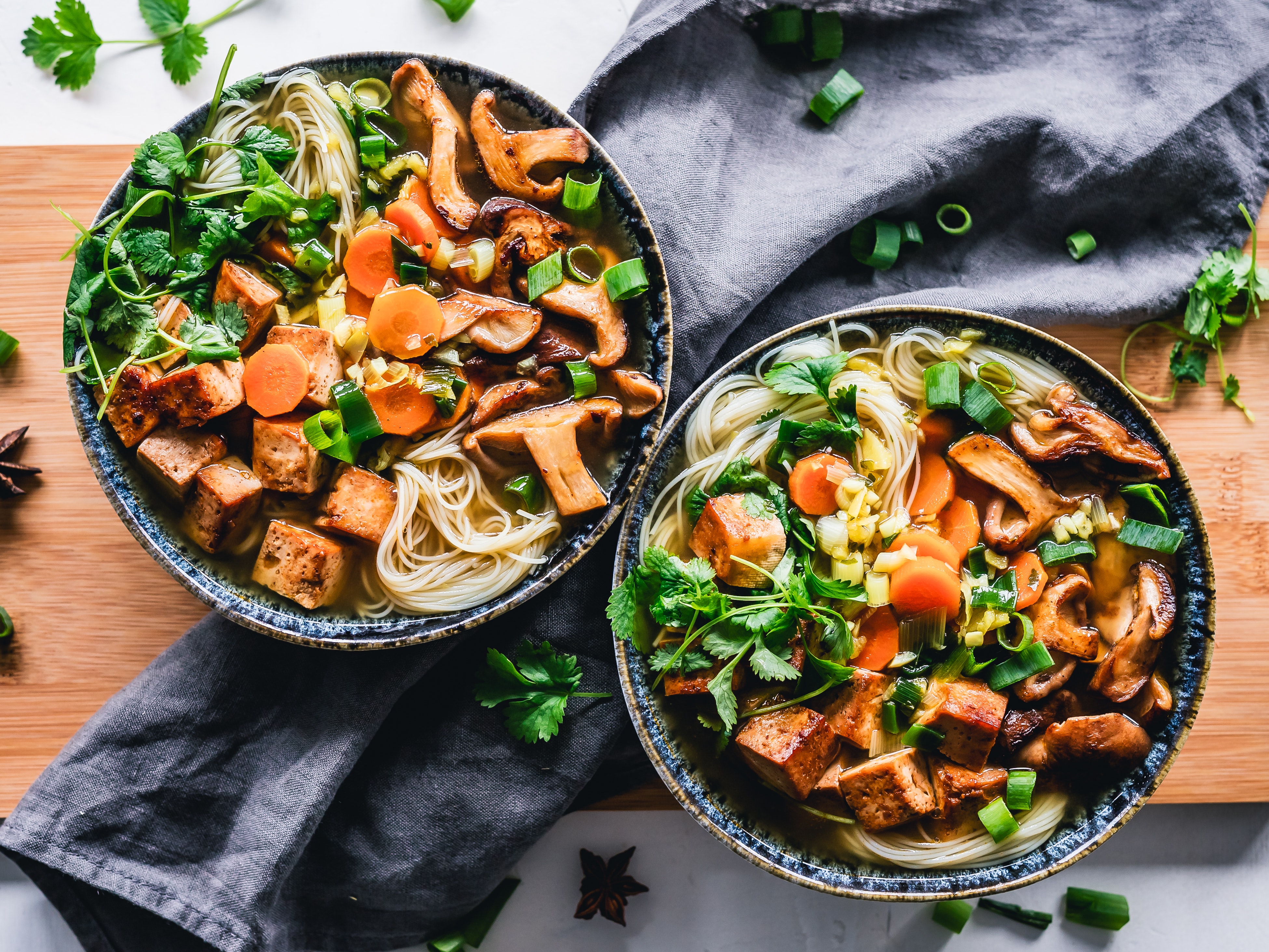


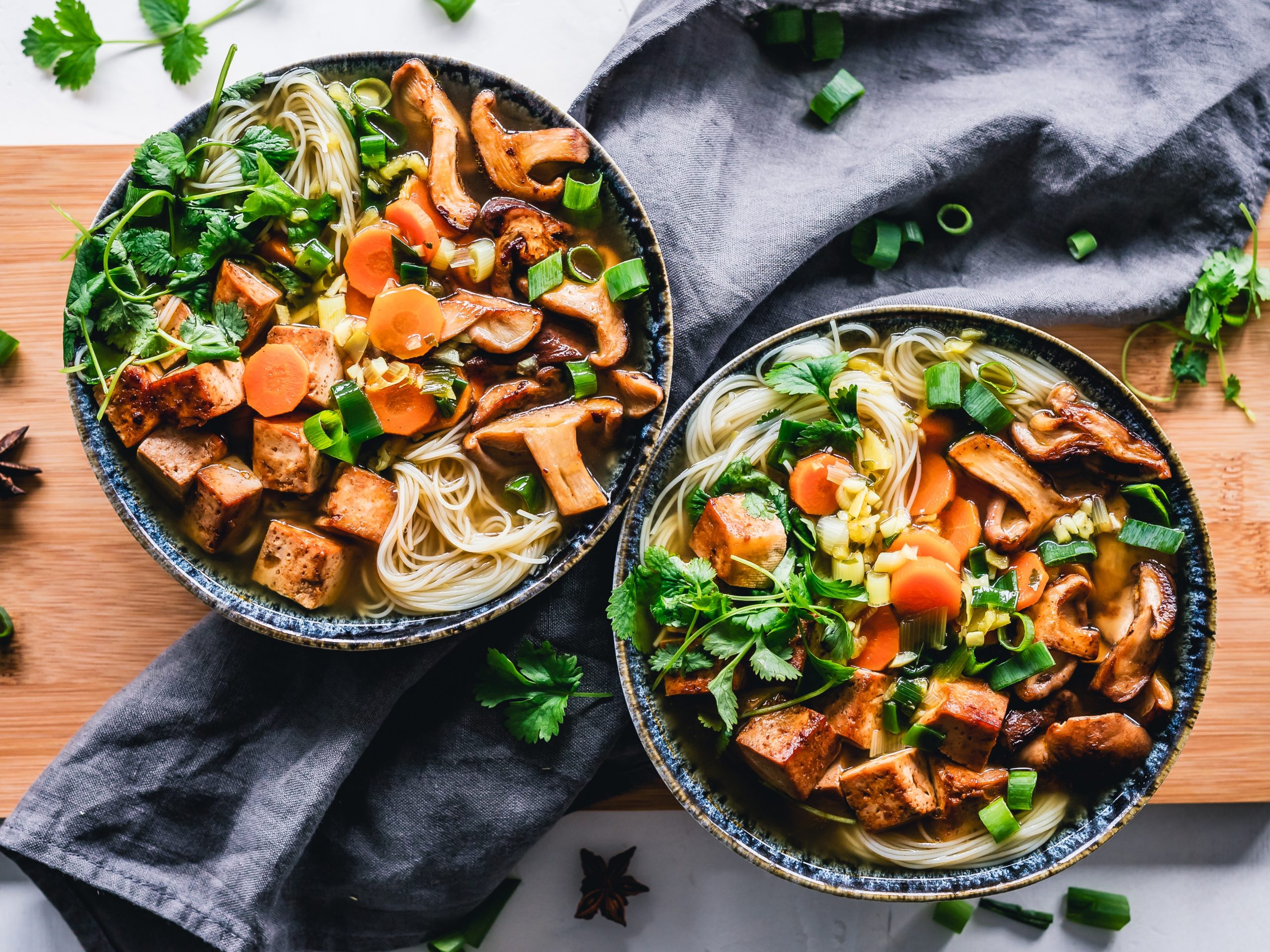
0 Comments